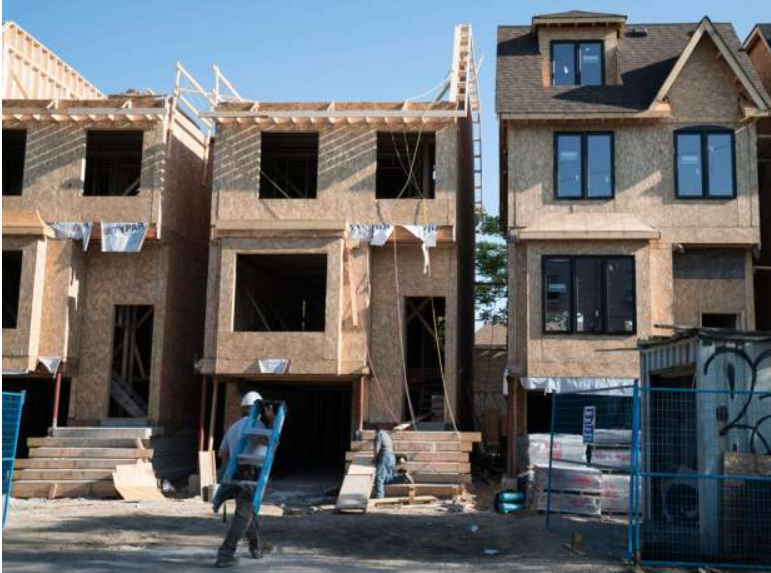In toronto real estate, many an armchair analyst has speculated on the factors behind Toronto and Vancouver’s runaway home values. And now, a recent study by RBC Capital Markets brings more data to the table.
According to its report, home prices increased at a compound rate of 5.6% annually from 1999 to 2015 in Toronto and 6.2% in Vancouver, outperforming the S&P/TSX Composite total return of 5.3%.
RBC’s analysis found that four factors accounted for between 85% and 90% of those price increases since 1999:
- Lower interest rates
- Higher incomes
- An increase in the percentage of incomes used to make mortgage payments
- Larger down payment gifts from family members.
The remaining 10-15% can be explained by influences that are more “difficult to quantify,” RBC says, such as geographic constraints and foreign buying. Noteable is the fact that the first two variables account for almost three quarters of price appreciation, its authors claim.
Interestingly, this data doesn’t cleanly mesh with earlier studies from the likes of the Bank of Canada. A 2012 BoC research paper found that the jump in real house prices between the fourth quarter of 2001 and the third quarter of 2010 were driven by:
- Increasing population: 33%
- Rising real household disposable income: 24%
- Declining real effective mortgage rates: 13%
- Other factors, including “recovery from the sluggish price growth of the 1990s”: 29%.
Whatever the actual numbers, if the floor falls out in the housing market, RBC says that changes in home prices are not good predictors of mortgage loan losses in Canada. “…Job losses (not price declines) are the better leading indicator of potential future losses for lenders/insurers,” it notes. That’s some consolation for Toronto and Vancouver, which have “amongst the best economic and employment growth rates within Canada.”
Other specifics from the report:
Over the period from 1999 to 2015, RBC says:
- Interest rates are estimated to account for 39% of the increase in home prices in Toronto and 34% in Vancouver;
- Higher after-tax incomes are estimated to account for 29% of the increase in home prices in Toronto and 40% in Vancouver;
- The tendency of borrowers to set aside a slightly higher percentage of after-tax income to make mortgage payments is estimated to account for 17% of the increase in home prices in Toronto and only 4% in Vancouver;
- Larger down payment gifts from family members are thought to account for 5% of the increase in home prices in Toronto and Vancouver;
- Geographic constraints, such as scarcity of buildable land, have limited residential development and densification. That too has contributed to rising home prices—as have higher municipal charges, labour and materials costs;
- “Foreigners are likely small in number, but arguably significant in impact,” says RBC. “Although it is likely that ‘foreigners’ do not comprise a significant percentage of home sales, they are arguably the marginal buyer…for those buying in the high end of the market.” Contrary to some other economists, RBC says, “…They likely drag up home prices in the mid- and low-end of the market” and impact everyone (although, the report doesn’t speculate on how much, and cautions that its data on this is anecdotal and unclear);
- Immigration is yet another home appreciation catalyst, “particularly the investor immigrant program for wealthy applicants.” International buyers also love our weaker loonie, which makes Canadian homes appear “on sale.”
The report makes one other interesting point about Chinese buyers. RBC states that, “If launched, China’s Qualified Domestic Individual Investor program (QDII2) has the potential to be a material driver of further home price appreciation in Toronto and Vancouver.” This is a factor that hasn’t made a lot of headlines. Although, RBC notes that the program’s launch date is still unclear.
Read the full post in CanadianMortgageTrends.com


Leave a Reply